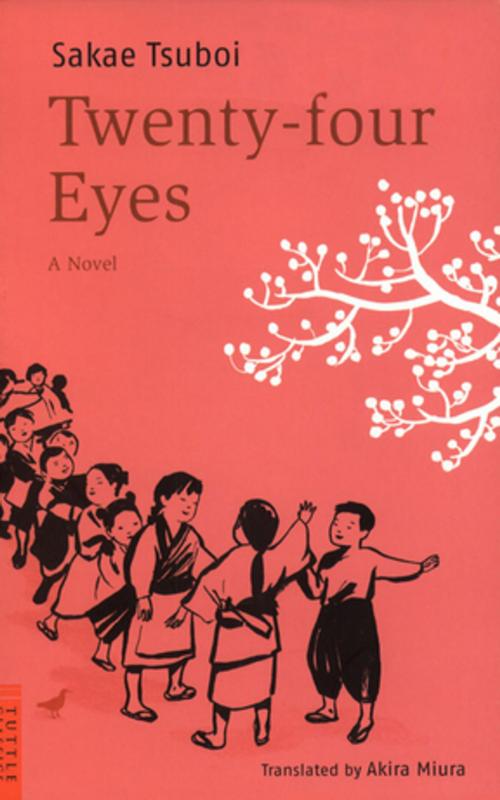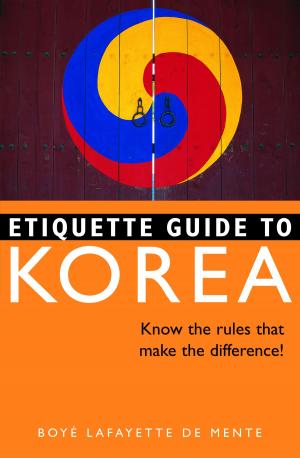| Author: | Sakae Tsuboi | ISBN: | 9781462903375 |
| Publisher: | Tuttle Publishing | Publication: | January 10, 2012 |
| Imprint: | Tuttle Publishing | Language: | English |
| Author: | Sakae Tsuboi |
| ISBN: | 9781462903375 |
| Publisher: | Tuttle Publishing |
| Publication: | January 10, 2012 |
| Imprint: | Tuttle Publishing |
| Language: | English |
Twenty Four Eyes is a deeply pacifist Japanese novel based on the perversion and inhumanity of modern war. Set on Shodoshima, a small island in the Inland Sea, and covering a twentyyear period embracing prewar, wartime, and early postwar Japan, it centers on the relationship between a primary school teacher, Miss Oishi, and the twelve island children (the twentyfour eyes of the title) in her first class.
In the course of the novel, Miss Oishi faces problems of acceptance by the children and their parents, then ideological criticism from the educational authorities, then wartime privations and losses in her family and among her pupils. The book concludes with a tearful graduation reunion between the bereaved teacher and her original pupils, whose ranks are sadly depleted by the suffering of the past decade.
Differences of class, gender and political opinion are finally rendered less important than a common experience of suffering. Twenty Four Eyes first published in Japanese as Nijushi no Hitomi in 1952, immediately became a bestseller. It was made into a film two years later by Keisuke Kinoshita, a leading director, winning Best Film of the year. In 1987, it was filmed for a second time.
Twenty Four Eyes is a deeply pacifist Japanese novel based on the perversion and inhumanity of modern war. Set on Shodoshima, a small island in the Inland Sea, and covering a twentyyear period embracing prewar, wartime, and early postwar Japan, it centers on the relationship between a primary school teacher, Miss Oishi, and the twelve island children (the twentyfour eyes of the title) in her first class.
In the course of the novel, Miss Oishi faces problems of acceptance by the children and their parents, then ideological criticism from the educational authorities, then wartime privations and losses in her family and among her pupils. The book concludes with a tearful graduation reunion between the bereaved teacher and her original pupils, whose ranks are sadly depleted by the suffering of the past decade.
Differences of class, gender and political opinion are finally rendered less important than a common experience of suffering. Twenty Four Eyes first published in Japanese as Nijushi no Hitomi in 1952, immediately became a bestseller. It was made into a film two years later by Keisuke Kinoshita, a leading director, winning Best Film of the year. In 1987, it was filmed for a second time.















